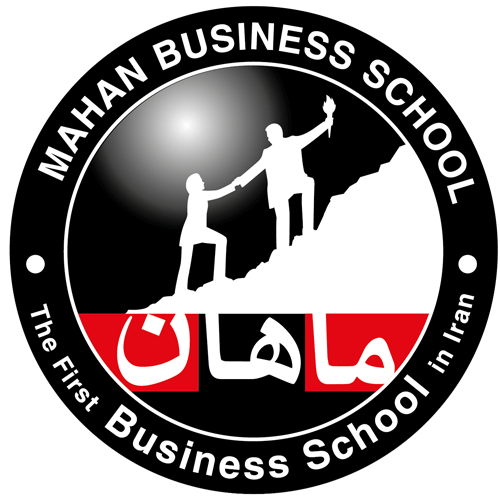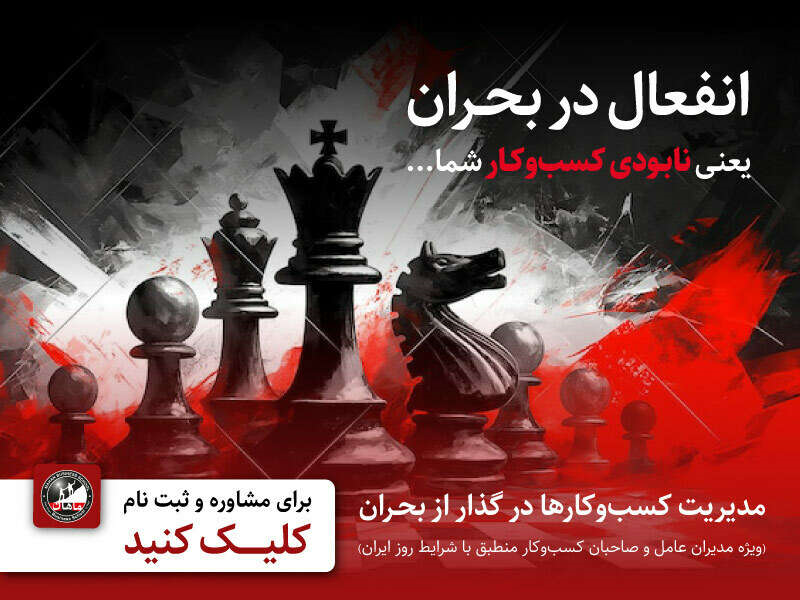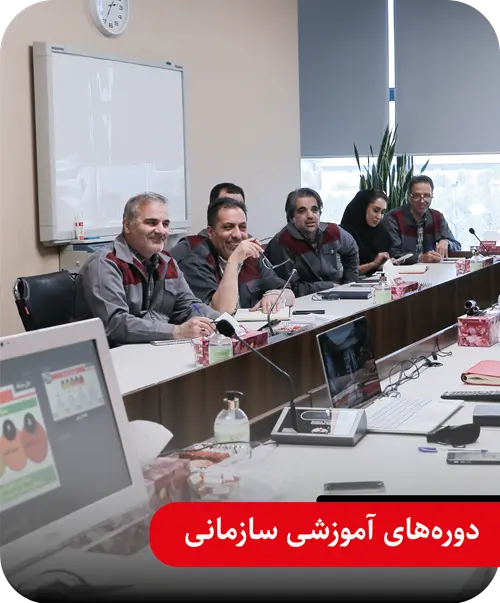
Organizational Training Courses
Here is the English translation of your paragraph, without changing the CSS:
To enhance efficiency, every organization must design employee training in a way that ensures employees acquire the necessary skills and attitudes toward their job roles by completing a minimum average number of training hours. This prestigious school has taken a significant step in this direction by designing and implementing organizational courses to elevate the scientific and skill levels of companies. You can benefit from these services according to the specific training needs of your organization.
Proud to Collaborate and Conduct Organizational Training Programs
The following list includes only some of the businesses that have trusted this organization for training their managers and staff.





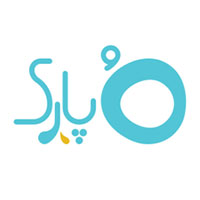
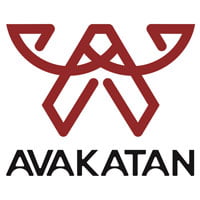
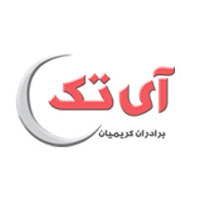


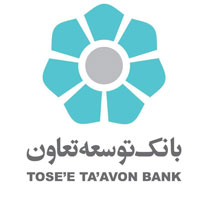



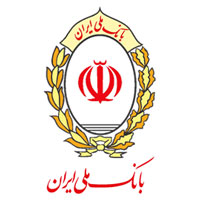









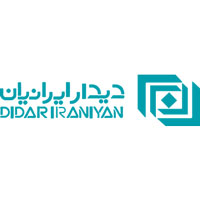

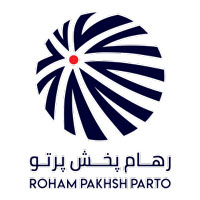



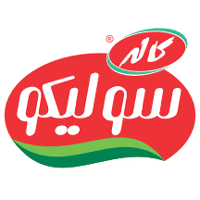





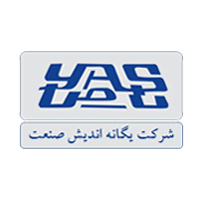
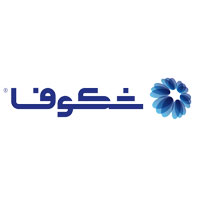
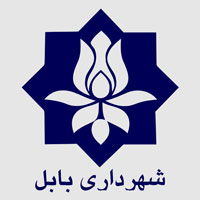



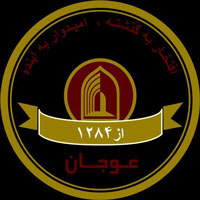


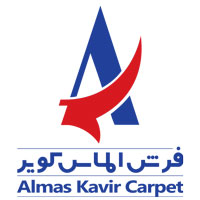
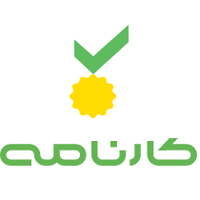
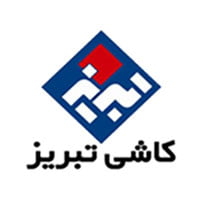

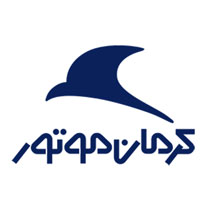




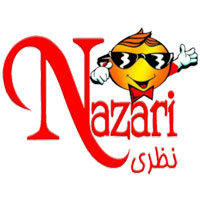

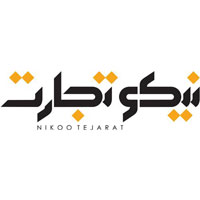

Organizational Courses Benefits
- Aligning training course content with the organization's processes and challenges
- Saving costs on training, travel, and accommodation, as well as flexibility in the location and timing of the course delivery
- Course evaluation based on projects or exams, aligned with the organization's processes and job positions
- Team building and forming specialized working groups among colleagues with different job roles, providing practical solutions, and fostering a spirit of collaboration
- Enhancing the quality level of human capital by improving the knowledge, skills, and abilities of employees
-
Full-time online and in-person support in the Support and
CRM unit for learners. - Full access to all educational content in the form of offline training files.
- Interactive environment with instructors through social media groups.
-
Assignment of an Account Manager for each course and an explanation of their responsibilities
.
- Preparing employees in terms of knowledge, skills, and job competencies for promotion to higher job positions.
- Membership in the Learners' Club for post-course services.
- Empowering and developing managers to effectively fulfill their managerial roles and responsibilities.
Some of the courses conducted.
The process of designing and conducting organizational courses.
The process of designing and conducting organizational courses follows the steps below.
تحلیل نیاز آموزشی (شخصیسازی)
- جلسه با مدیران ذینفع جهت دریافت نیازهای آموزشی
- دریافت و تحلیل شناسنامه شغل مخاطبین
- مصاحبه با مخاطبین دوره
- نیازسنجی نامحسوس

تحلیل نیاز آموزشی (شخصیسازی)
- طراحی هدف یادگیری کلی دوره
- طراحی هدف یادگیری جزئی دوره
- طراحی ماژولها
- طراحی اهداف جزئی ماژولها
- مپینگ ماژولها با اهداف یادگیری کلی
- طراحی سیلابس ها
- طراحی ابزارهای سنجش یادگیری شامل؛ کانون ارزیابی، تمرینها، پروژههای درسی و Rubric
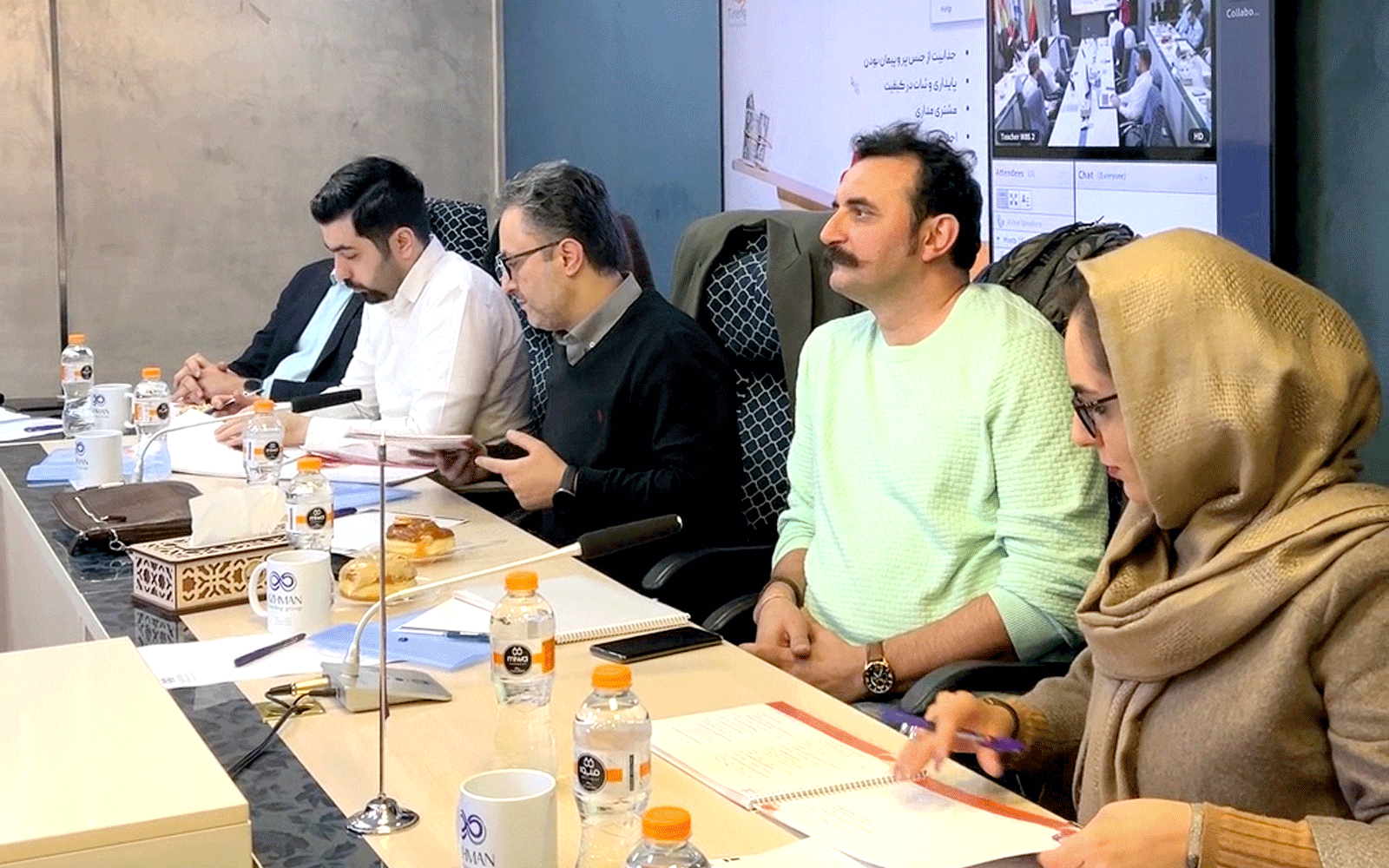
برنامهریزی تقویم آموزشی
- تعیین اساتید
- تعیین فضای برگزاری کلاسها
- زمانبندی کلاسها

ارائه گزارش اثربخشی آموزش
- سنجش اثربخشی آموزش در سطح رفتار
- اثربخشی نتایج
- ارائه گواهینامه
- دریافت گواهی حسن انجام آموزش از کارفرما
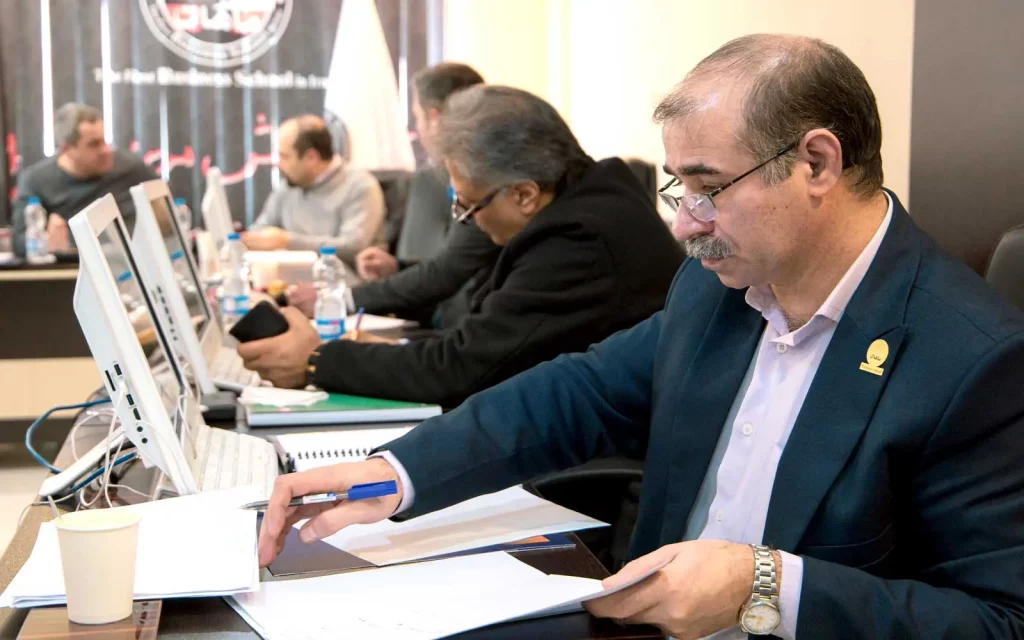
Courses available for delivery in organizations.
Lorem Ipsum is dummy text used in the printing industry, created with the help of graphic designers. It is used by printers and texts, as well as newspapers and magazines, in columns and rows as needed, and for current technological conditions.
Courses that can be conducted in organizations.
Duration: 12 hours, including the following topics:
- What is communication?
- The communication process
- Key factors of effective communication
- Techniques for effective communication
Duration: 8 hours, including the following topics:
- Definition of coaching
- Benefits of coaching
- Identifying coaching opportunities
- The coaching process
- Observation
- Effective communication
- Active listening
- Questioning skills
- Giving feedback
Duration: 8 hours, including the following topics:
- Definition and importance of teamwork
- Examining the differences between group and team, teamwork and group work conceptually
- Team building and the correct way to form a team
- Personality and psychology of team members
- Team thinking and providing solutions for practicing it
- Reviewing decision-making and team planning techniques
- Managing team conflicts
- Reviewing successful models of organizational and human teams
- The role of leadership in the team
Duration: 16 hours, including the following topics:
- Salesperson behavior analysis, effective communication
- Persuasion, negotiation, objection management
- Managing sales forces and motivational systems
- Types of organizations and types of sales
Duration: 16 hours, including the following topics:
- Understanding strategy and developing vision and mission statements
- Environmental analysis and strategic intelligence
- Familiarity with organizational levels of strategy implementation
- Balanced scorecard / case study
Includes the following topics:
- Foundations of behavior and personality
- Basics of perception and communication errors
- Foundations of employee motivation
- Basics of conflict
- Organizational behavior standards and organizational values (correcting misconceptions, creating flexible rules, and eliminating strict rules with a human resources approach)
Duration: 8 hours, including the following topics:
- Definitions and theories of organization and management
- Principles and fundamentals of planning
- Principles and fundamentals of coordination
- Principles and fundamentals of supervision and control
Duration: 8 hours, including the following topics:
- Formulating the pillars of alignment (vision, mission statement, values, strategic goals)
- Understanding and analyzing strategic levels in the organization: corporate level / business level / functional level
- External macro-environment analysis (PESTEL)
- Industry environment analysis (5 Forces)
- Internal environment analysis – resources and capabilities (VRIO, 7S)
- Key success factors analysis (KSF)
- Strategic positioning (SWOT/IE)
- Presentation of strategy classifications
- Selection of superior strategies
Decision Making and Problem Solving Course
Duration: 24 hours, including the following topics:
- Definition of human resource management and the role of HR management methods in advancing organizational goals
- Familiarity with interview and recruitment processes and techniques
- Career path
- Team building and teamwork
- Conflict management, motivation
- Development and improvement of human capital
- Talent management and succession planning
- Individual development plan and performance improvement
- Effective retention of human capital and increasing employee retention
- Analysis and development of human capital competencies
Duration: 8 hours, including the following topics:
- Examining values and priorities
- Fundamental principles of success
- Reviewing the life cycle
- Time management
- Goal setting and planning
- Planning and execution matrix
- Examining the functions of emotional intelligence in success
Duration: 16 hours, including the following topics:
- Business model
- Business canvas
- Sales goal setting
- Sales forecasting
- Market analysis
Duration: 16 hours, including the following topics:
- Introduction and course framework
- Key principles in business negotiations
- Introduction to the pillars of business negotiations
- Goal setting and alignment in business negotiations
- Negotiation checklist and how to prepare it
- Key roles in negotiations and assigning roles within the negotiation team
- Types of negotiations based on behavioral styles and pre-negotiation choices
- Key negotiation techniques
- ZOPA and BATNA in negotiations
- Explanation of verbal and non-verbal communication with relevant examples
- Summary and Q&A session
Duration: 8 hours, including the following topics:
- Differences between leader, manager, boss, and supervisor
- Planning
- Organizing
- Controlling
- Team leadership skills
- Leadership styles
- Delegation in organizations
- Problem solving
- Management syndromes in delegation
- Decision making
Duration: 24 hours, including the following topics:
- Operational strategic human resource planning
- Recruitment, attraction, and hiring
- Compensation (salary, incentive actions)
- Employee performance evaluation and management
- Training, development, and empowerment of human resources
Duration: 12 hours, including the following topics:
- The seven key leadership characteristics
- The seven key leadership skills
- The seven leadership activities
- Team and business leadership
- Characteristics of winning teams
Duration: 8 hours, including the following topics:
- Performance management
- Definition and process of performance evaluation
- Definition of salary and related theories
- Explanation of the implementation of Article 41 of the Labor Law
- Objectives and characteristics of the reward system
- Types of rewards
- Practice exercises and case studies on the discussed topics
Duration: 24 hours, including the following topics:
- Basic accounting concepts
- Legal and financial documents and ledgers
- Components of financial statements
- Financial statement analysis
- Financial ratio analysis
- Break-even point determination
- Business operational leverage
- Financial decision-making models
- Financial decision analysis
Duration: 8 hours, including the following topics:
- Explanation of conflict fundamentals
- Challenges of conflict in organizations and levels of organizational conflict
- Conflict scenarios and conflict management
- Concept of stress, stages, and symptoms of stress
- Stress causes and coping methods
Consultation and Course Admission Form
To receive specialized consultation, please complete and submit the form below.
